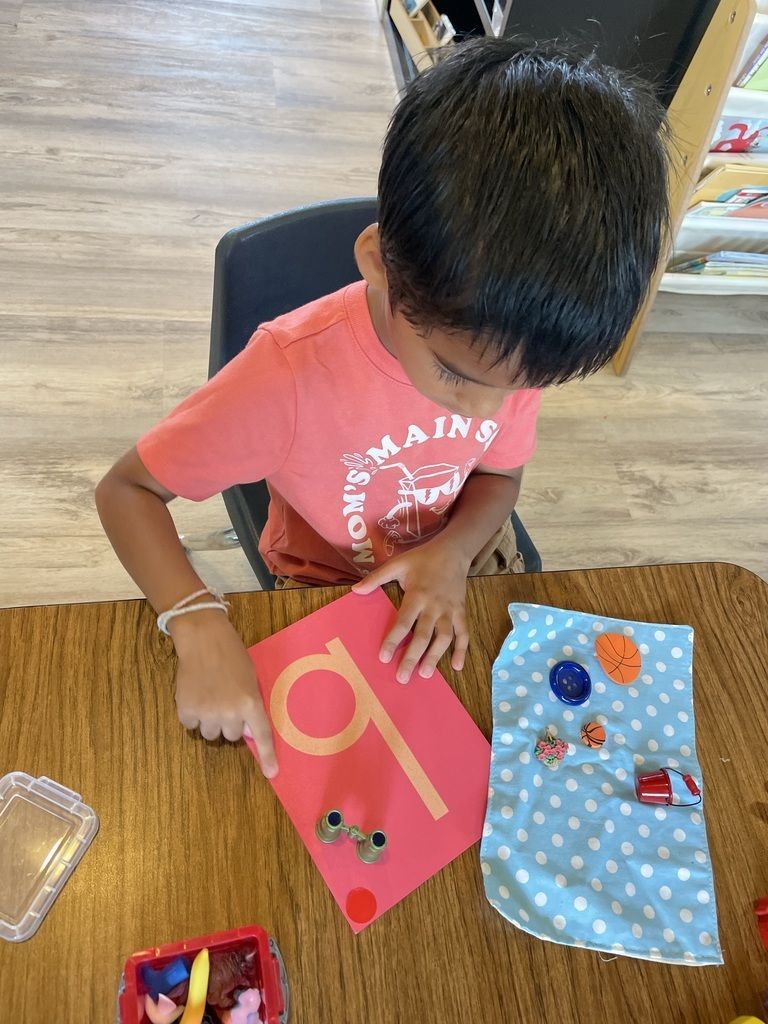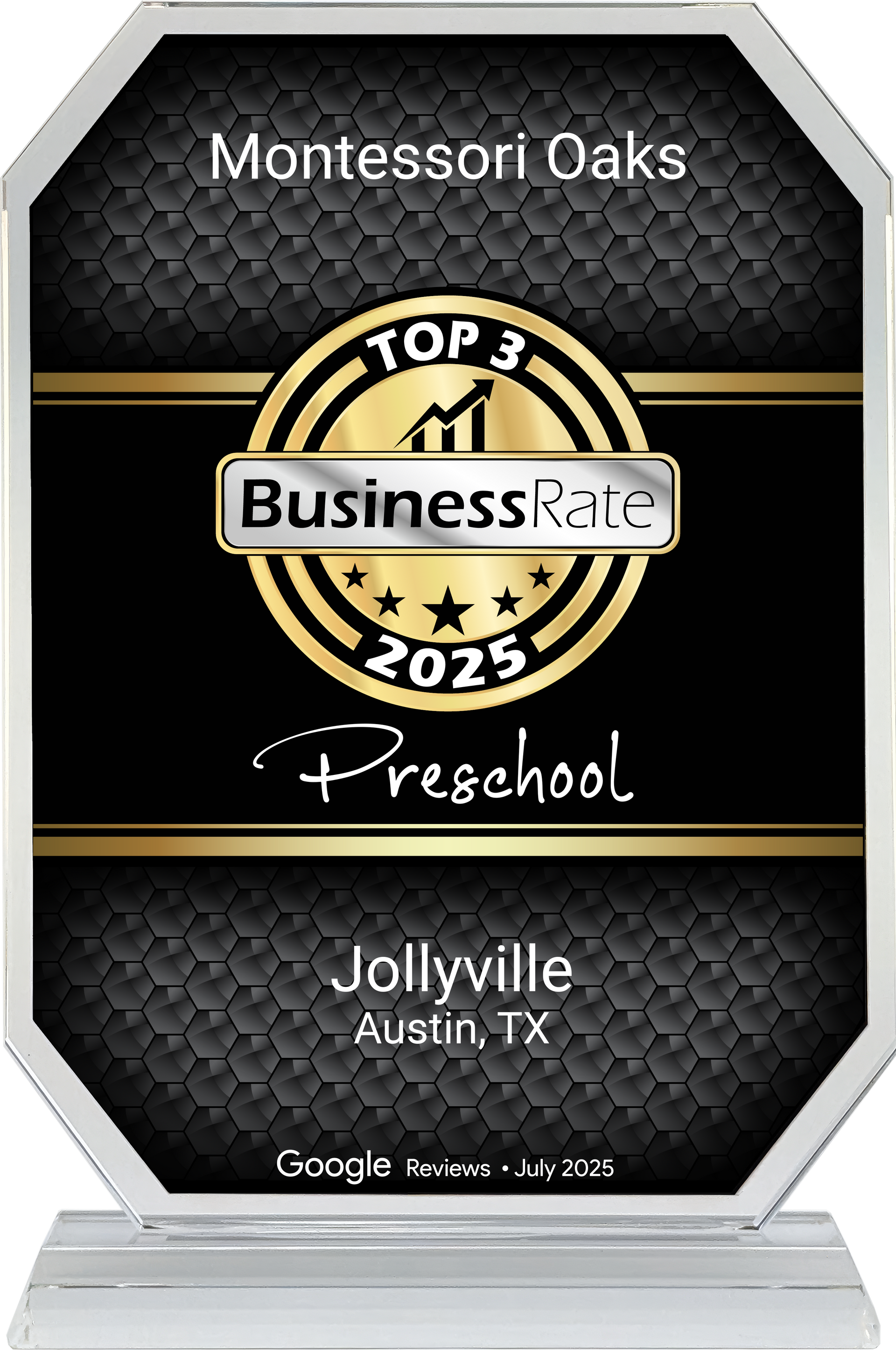Incorporating Montessori Principles at Home: Benefits and Tips
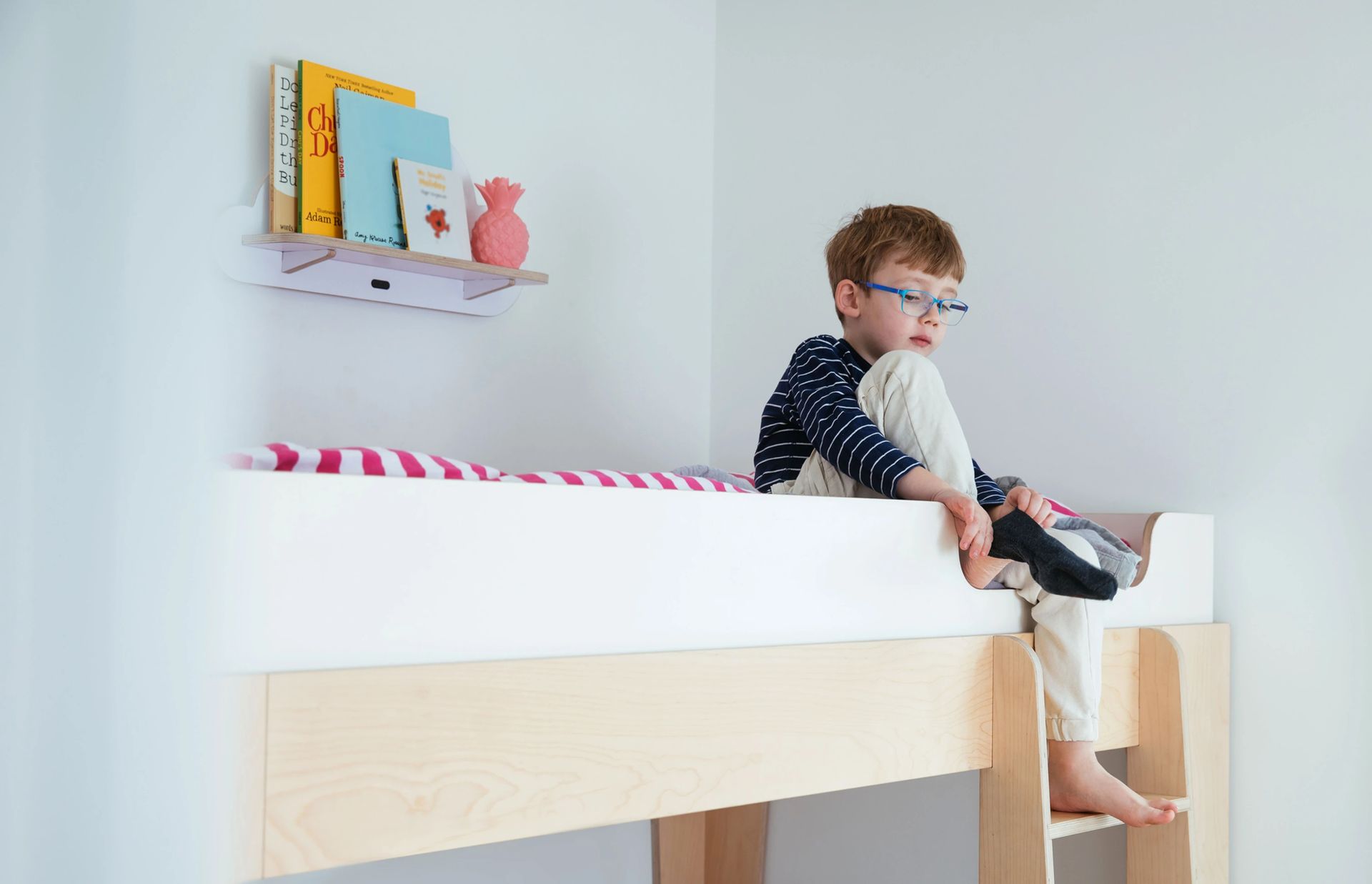
The Montessori method of education, developed by Dr. Maria Montessori in the early 1900s, has gained popularity in recent years for its child-centered approach and emphasis on hands-on learning. But did you know that you can incorporate Montessori principles at home, even if your child doesn't attend a Montessori school? In this blog, we'll explore the benefits of incorporating Montessori principles at home and provide tips for parents to get started.
Research shows that incorporating Montessori principles at home can have numerous benefits for children. According to a study published in the Journal of Research in Childhood Education, "Montessori principles can help parents to create a nurturing and stimulating home environment that fosters children's independence, curiosity, and creativity" (Reid & Brown, 2015). Additionally, a study published in the Journal of Educational Psychology found that "children who experience Montessori principles at home are more likely to have positive social skills, academic achievement, and psychological well-being" (Sektnan, McClelland, Acock, & Morrison, 2010).
So how can parents incorporate Montessori principles at home? Here are some tips to get you started:
- Create a child-friendly environment - just like in a Montessori classroom, it's important to create a safe and welcoming space for your child to explore and learn. Provide open spaces for your child to move around and play, as well as child-sized furniture and materials.
- Encourage independence - allow your child to do things on their own, like getting dressed or preparing a snack, with appropriate supervision and guidance. This helps to build confidence and self-esteem.
- Follow your child's interests - observe what your child is naturally drawn to and provide opportunities for them to explore those interests further. This can be through books, toys, or even outdoor experiences.
- Use real-life materials - provide child-sized utensils and tools, like a small broom or pitcher, to encourage practical life skills. This helps to build independence and self-sufficiency.
- Limit screen time - Montessori philosophy emphasizes hands-on learning and real-world experiences, so try to limit your child's screen time and encourage them to engage with the world around them. This can be through outdoor play, reading, or other creative activities.
Incorporating Montessori principles at home can have numerous benefits for children, including fostering independence, creativity, and a love of learning. By creating a child-friendly environment, encouraging independence, following your child's interests, using real-life materials, and limiting screen time, you can help your child develop these skills and qualities that will benefit them for years to come.
References: Reid, M., & Brown, E. (2015). Montessori principles: Fostering independence in the home environment. Journal of Research in Childhood Education, 29(1), 88-102.
Sektnan, M., McClelland, M. M., Acock, A. C., & Morrison, F. J. (2010). Relations between early family risk, children's behavioral regulation, and academic achievement. Early Childhood Research Quarterly, 25(4), 464-479.
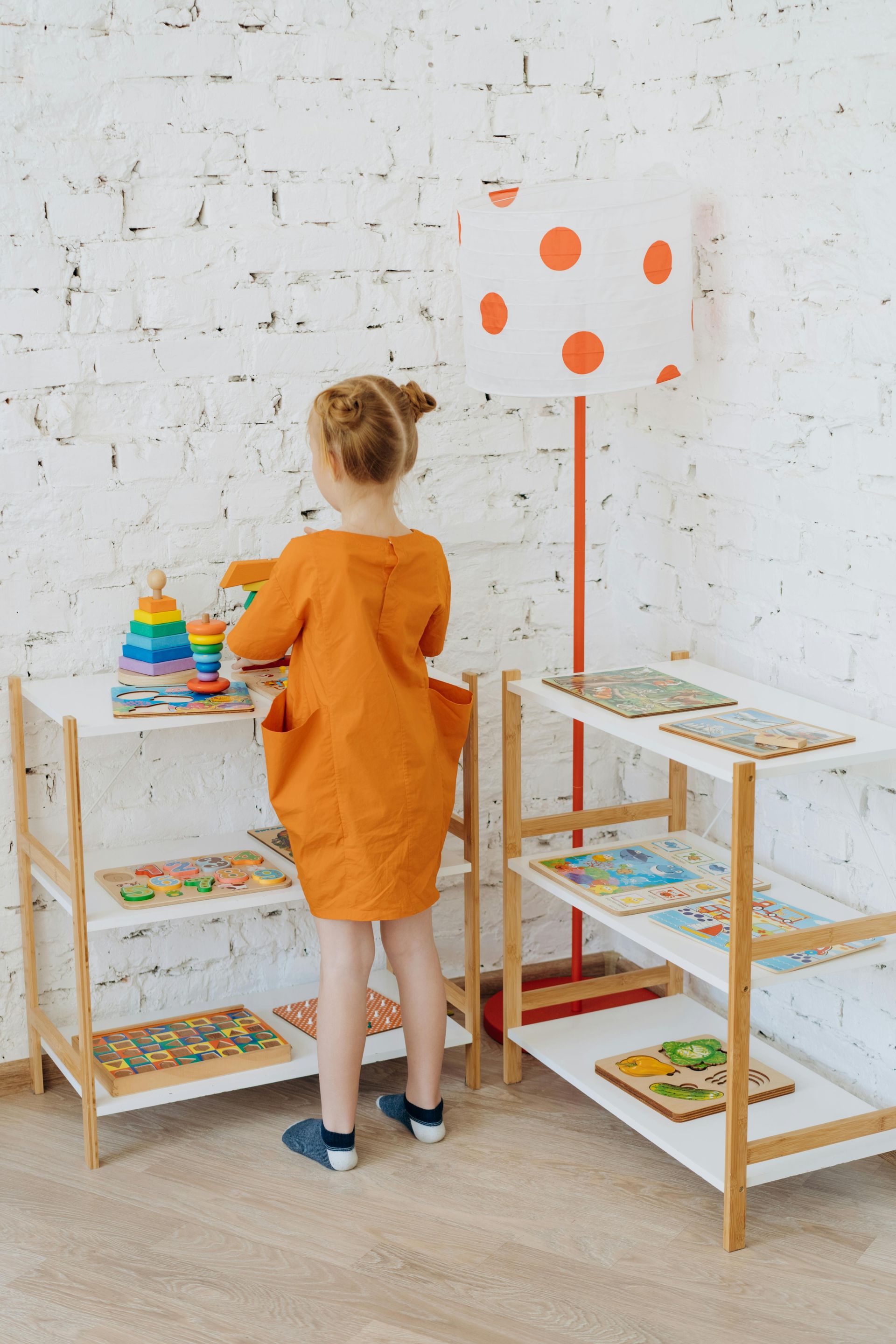

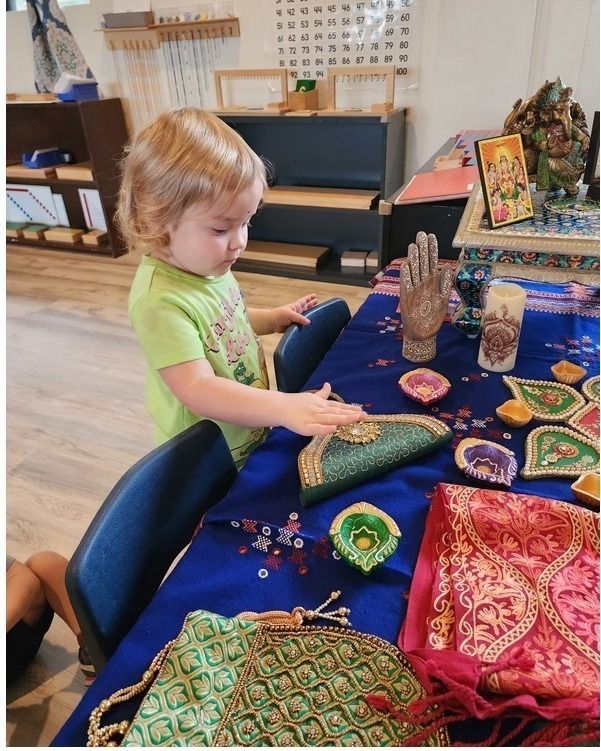
The Importance of Global Citizenship in Montessori Education: Introducing Kids to Different Cultures
